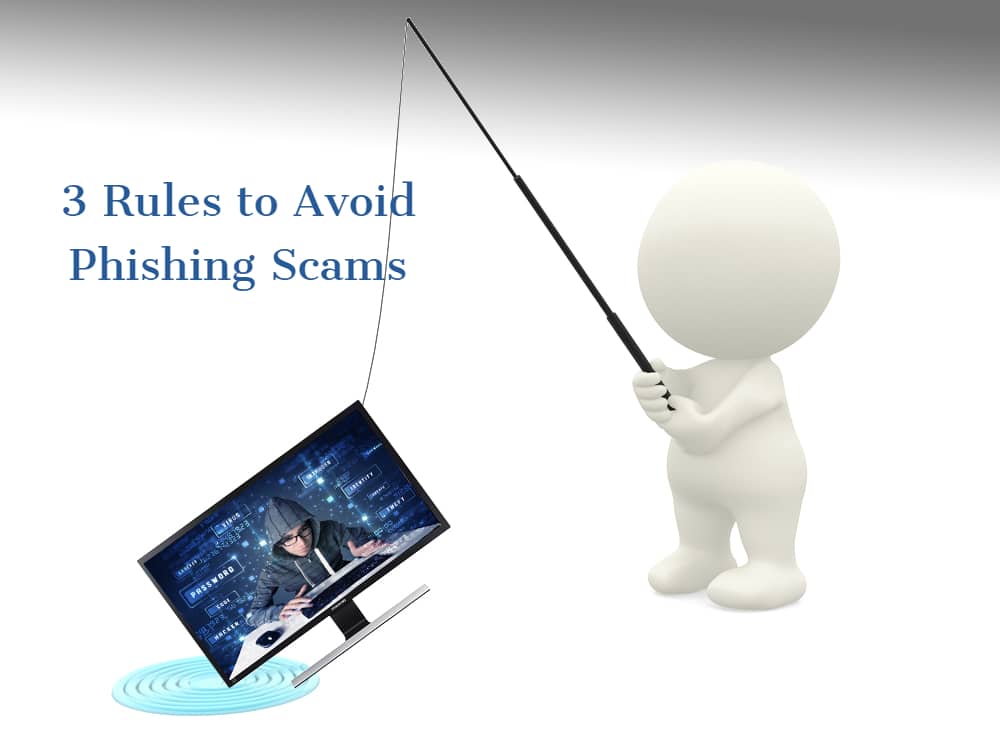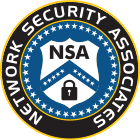Tax season is associated with a host of phishing scams; some reappear each year, while others are relatively new. These scams are designed to steal money or sensitive information. Keep your info and funds safe with secure network services and by following these recommendations:
Be Leary of Emails Imitating the IRS or Tax Prep Providers

Scammers frequently send emails imitating the IRS or popular tax prep providers. Most individuals want to avoid trouble with the IRS, so they’re willing to send information to resolve these alleged problems with their tax returns. The IRS or your tax prep provider will not contact you via email regarding money you owe, problems with your tax return or your tax filing information. The IRS will always initiate contact regarding problems with your return via a written letter.
These phishing emails may contain links to false websites that appear to be legitimate. The criminal hopes you’ll click through to the page and provide your personal information. Other emails contain attachments the sender wants you to open. When you open the file, you expose your device to malware that puts your information at risk. Maintain secure network services by never downloading attachments from email addresses you aren’t familiar with.
Second Guess Suspicious Requests
There are multiple types of email phishing scams that appear during tax season. One scam involves sending an email to your company’s employees that appears to be from another employee. The email asks the real employee to send employee records (like payroll records, W2 forms or other sensitive data). Thinking the supposed “employee” has a valid need for the data, the recipient sends the requested information, providing the phisher with a plethora of personal employee information.
It’s important for your company to enact policies that maintain secure network services by setting rules that address requesting and sending personal information via email. For example, if you receive an email asking for employee records or other sensitive data, the protocol might require you call the sender of the email to verify the request.
Avoid Giving Information Out Over the Phone
Phishers don’t limit their scams to emails; they also call their targets, attempting to bully them into providing their personal information or paying supposed tax debts that don’t exist. It’s common for the phishers to identify themselves as someone from the IRS. If you believe you owe the IRS money or have a legitimate problem with your return, you might be tempted to engage with the caller. Instead, call your local IRS office or the toll-free Tax Assistance Hotline at 1-800-829-1040. They can assist you with determining if you have an actual issue with your return.
Set Up Secure Network Services
If you want to set up secure network services to safeguard your network from phishing scams, contact Network Security Associates today at 702-547-9800.

